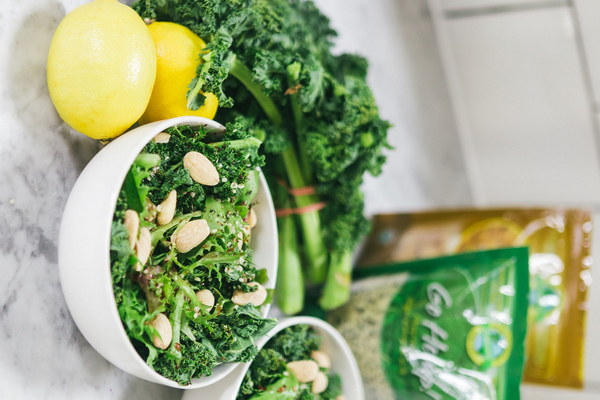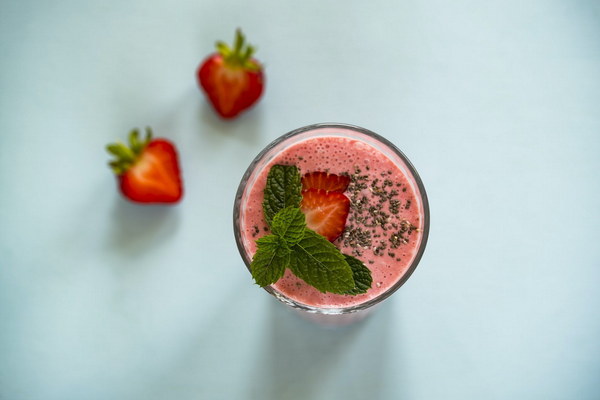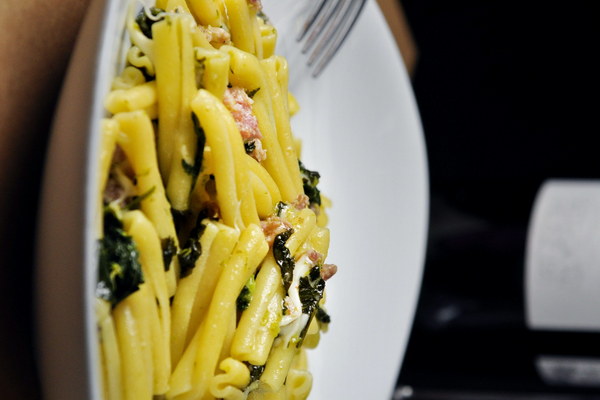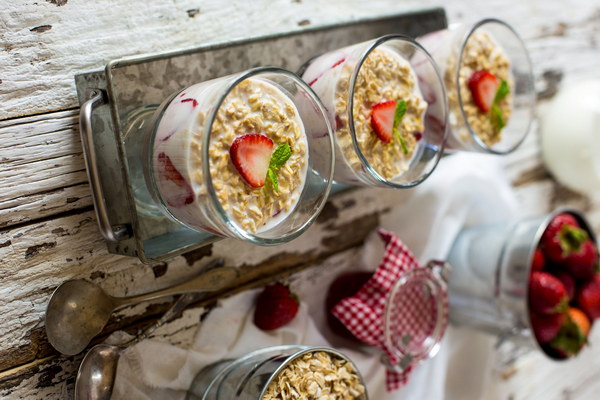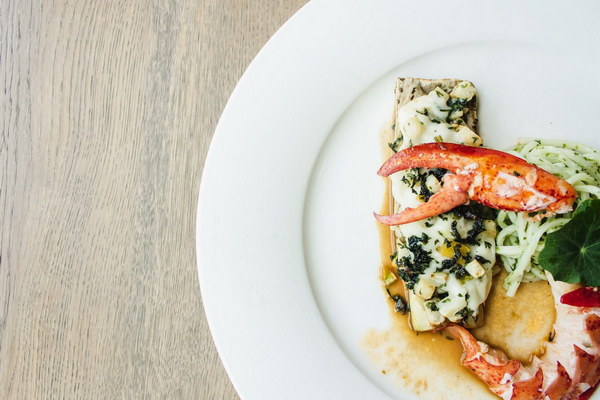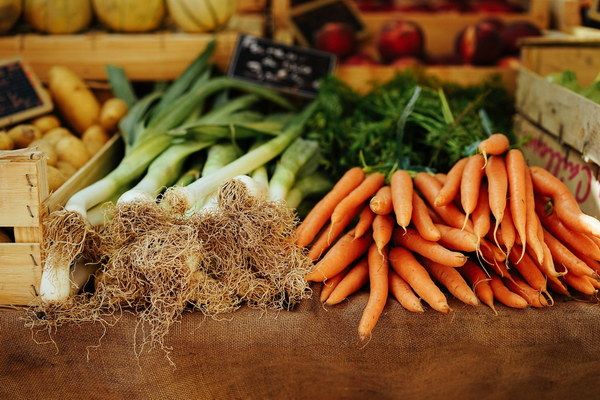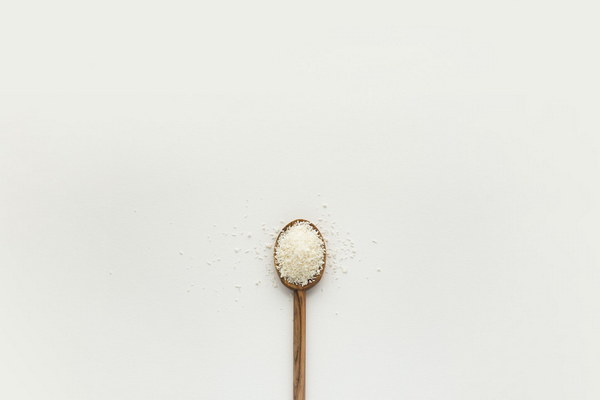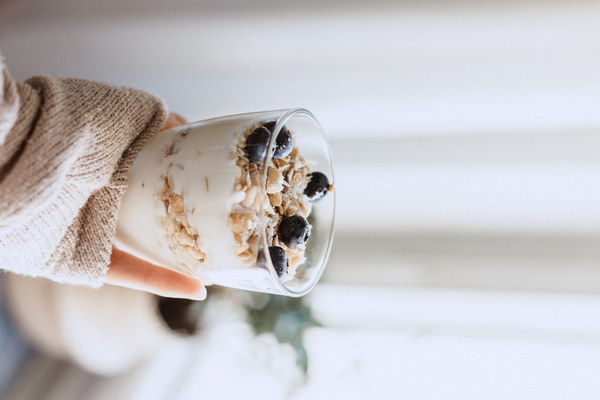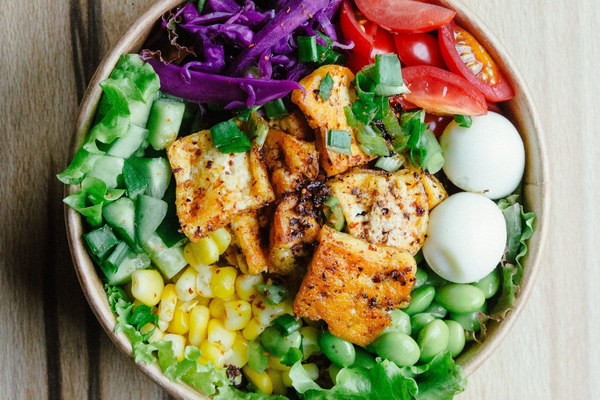Boost Your Blood Clotting with These Nutritional Powerhouses
Introduction:
Blood clotting, also known as hemostasis, is a crucial process that prevents excessive bleeding when you get injured. Blood clotting factors, also known as clotting proteins, play a vital role in this process. These proteins help in the formation of blood clots, which seal off the wound and allow for healing. While the body can produce most clotting factors on its own, certain nutrients can help support and enhance this process. In this article, we will explore some of the best foods rich in blood clotting factors to help you maintain optimal health.
1. Leafy Greens:
Leafy greens, such as spinach, kale, and Swiss chard, are rich in vitamin K, a key nutrient for blood clotting. Vitamin K is essential for the activation of clotting factors II, VII, IX, and X, which are necessary for the clotting cascade. Consuming leafy greens in your diet can help ensure that your body has enough vitamin K to support healthy blood clotting.
2. Fish:
Fatty fish, such as salmon, mackerel, and sardines, are excellent sources of vitamin K and omega-3 fatty acids. Omega-3 fatty acids have been shown to have anti-inflammatory properties, which may help reduce the risk of blood clots. Incorporating these fish into your diet can provide a double benefit for maintaining healthy blood clotting.
3. Nuts and Seeds:
Nuts and seeds, such as almonds, walnuts, sunflower seeds, and pumpkin seeds, are rich in vitamin K and vitamin E, which can support blood clotting. Vitamin E is an antioxidant that may help protect the lining of blood vessels and prevent clot formation. Including a handful of nuts or seeds in your daily diet can contribute to your overall blood clotting health.
4. Eggs:
Eggs are a great source of vitamin K and protein, which can help support healthy blood clotting. The yolk of an egg contains a significant amount of vitamin K, while the egg whites provide a good source of protein. Including eggs in your breakfast or as a snack can contribute to maintaining optimal blood clotting.
5. Liver:
Liver, particularly beef liver, is an excellent source of vitamin K, vitamin A, and vitamin B12. These nutrients are essential for the production and activation of clotting factors. While liver can be a bit strong in flavor, incorporating it into your diet, such as in liverwurst or pâté, can provide a concentrated source of blood clotting nutrients.
6. Cheese:
Certain types of cheese, such as Swiss, cheddar, and Gouda, are high in vitamin K, which is essential for blood clotting. Cheese also contains calcium, which plays a role in the activation of clotting factors. Including moderate amounts of cheese in your diet can contribute to your blood clotting health.
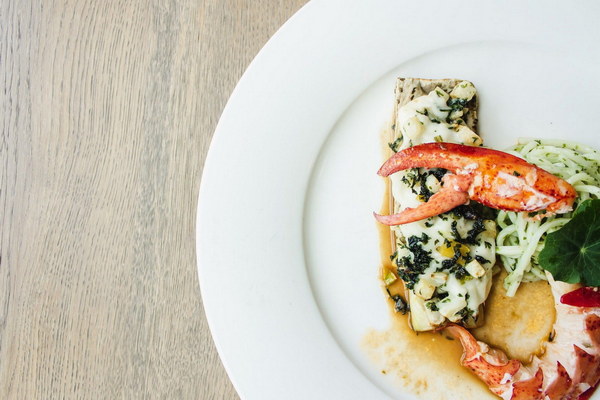
7. Legumes:
Legumes, such as lentils, chickpeas, and kidney beans, are rich in vitamin K and folate. Folate is another nutrient that plays a role in the production of clotting factors. Consuming a variety of legumes in your diet can help support your body's blood clotting process.
Conclusion:
Maintaining healthy blood clotting is essential for overall health and well-being. By incorporating these nutrient-rich foods into your diet, you can support your body's clotting process and reduce the risk of excessive bleeding. Remember to consult with a healthcare professional before making any significant changes to your diet or if you have any concerns about your blood clotting health.
